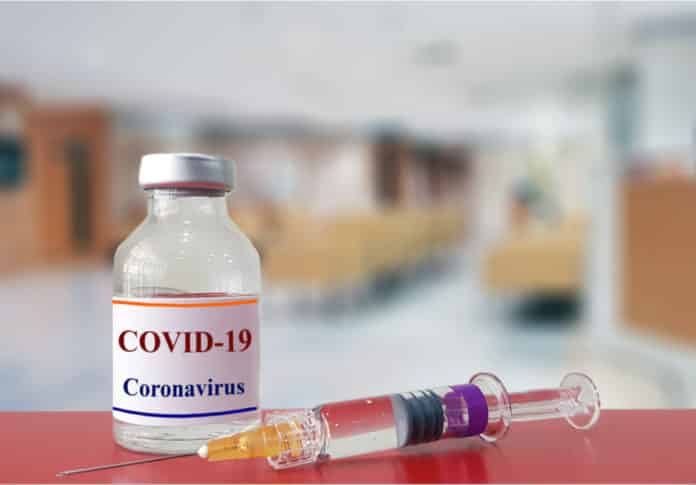Collaboration of Oxford University and AstraZeneca to enable global development, manufacturing, and distribution of COVID-19 vaccine
The Oxford University and AstraZeneca announced an agreement for the global development as well as the distribution of the University’s potential recombinant adenovirus vaccine against COVID-19.
The partnership aims to bring the potential vaccine developed by the Jenner Institute and Oxford Vaccine Group, at the University of Oxford known as ChAdOx1 nCoV-19 to patients. AstraZeneca would be accountable for the growth and production and distribution of the vaccine worldwide, as per the agreement.
“The need for a vaccine against the virus is urgent as COVID-19 continues its grip on the world. This cooperation brings together the University of Oxford’s world-class expertise in vaccinology as well as AstraZeneca’s worldwide development, manufacturing, and distribution abilities. By joining forces, our hope is that we can accelerate the globalization of a vaccine to fight the virus as well as protect individuals from the deadliest pandemic”, said Pascal Soriot, Chief Executive Officer, AstraZeneca.
“The Oxford University and AstraZeneca have a longstanding relationship to breakthrough basic research. We are hugely thrilled to be working with them on developing a vaccine against COVID-19. As part of our new collaboration, we are looking forward to working with the University of Oxford and cutting-edge companies such as Vaccitech”, said Mene Pangalos, Executive Vice President, BioPharmaceuticals R&D, AstraZeneca.
“This partnership between Oxford University and AstraZeneca is an important step that might help in rapidly manufacturing a vaccine against coronavirus. The collaboration will likewise make sure that the vaccine being developed by Oxford University’s Jenner Institute will work, and it will certainly be offered as early as possible – helping to protect thousands of lives,” said Alok Sharma, UK Business Secretary.
“The partnership with AstraZeneca will certainly be a major force in the struggle against pandemics for several years. With each other, we will remain in a solid setting to begin immunizing against coronavirus once we have a potential vaccine that is approved. Unfortunately, the threat of new pandemics will constantly be with us and the new research center will certainly enhance the world’s readiness and our speed of reaction the next time we face such a challenge,” said Professor Sir John Bell, Regius Professor of Medicine, Oxford University.
“I am like my colleagues are deeply proud of the work of our by an amazingly skilled team of academics in the Oxford Vaccine Group and the Jenner Institute. They represent the very best tradition of research study, teaching as well as contributing to the world around us, which has been the driving mission for centuries at the University of Oxford. We are wishing them success in developing an effective vaccine against COVID-19, along with people all across the country. Our collaboration with AstraZeneca will certainly ensure that the British people as well as people across the globe, particularly in reduced and middle-income countries, will certainly be shielded from this dreadful virus as swiftly as feasible if the work is successful,” said Professor Louise Richardson, Vice-Chancellor, Oxford University.
Across 5 trial centers in Southern England, the potential vaccine has entered Phase I clinical trials last week to study safety as well as effectiveness in healthy volunteers aged between 18-55 years. By next month the data from the phase I trial could be available and by the middle of this year advancement to late-stage trials should take place.
ChAdOx1 nCoV-19 Vaccine
The ChAdOx1 nCoV-19 vaccine is developed at the University of Oxford’s Jenner Institute, and working with the Oxford Vaccine Group. The vaccine uses a viral vector based on a weekend version of the common cold (adenovirus) consisting of the genetic material of the spike protein of SARS-CoV-2. The surface spike protein is produced after vaccination, which makes the body’s immune system to attack COVID-19 if it infects later on.
The ChAdOx1 is a recombinant adenovirus vector, it was selected to develop a strong immune reaction from a solitary dose and it does not multiply, so it can’t cause a recurring infection in the vaccinated person. Vaccinations made from the ChAdOx1 virus have been offered to more than 320 people to date and have been revealed to be safe as well as well endured, although they can trigger short-lived side effects such as fever, flu-like symptoms, sore arm or headache.
Author: Sruthi S



